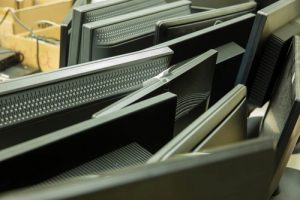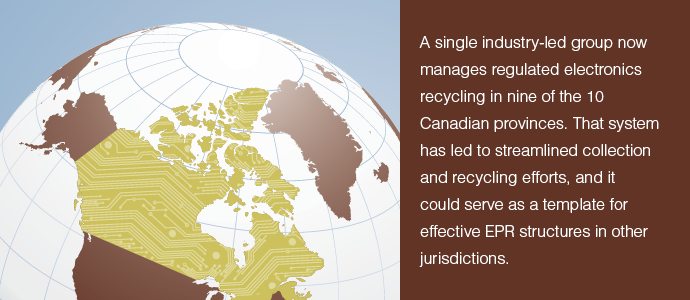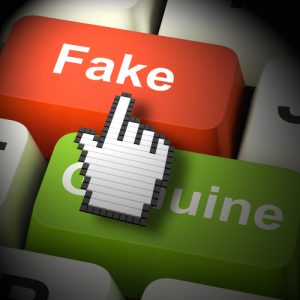 Processing electronics and processing fluorescent lights are distinct sectors, but they share one important trait: Each carries a risk of exposing your facility and workers to mercury.
Processing electronics and processing fluorescent lights are distinct sectors, but they share one important trait: Each carries a risk of exposing your facility and workers to mercury.

 Processing electronics and processing fluorescent lights are distinct sectors, but they share one important trait: Each carries a risk of exposing your facility and workers to mercury.
Processing electronics and processing fluorescent lights are distinct sectors, but they share one important trait: Each carries a risk of exposing your facility and workers to mercury.

John Lingelbach
The Basel Action Network (BAN) has issued a second report presenting information derived from its GPS tracking activities. Like the first report from a year ago, this report names electronics recyclers and leaves the casual reader presuming each named recycler is complicit in illegal exporting (part of an “export chain,” as BAN puts it).

This article originally appeared in the September 2017 issue of E-Scrap News. Subscribe today for access to all print content. Continue Reading

Jim Puckett
In his Sept. 14 op-ed piece, Sustainable Electronics Recycling International (SERI) Executive Director John Lingelbach expresses the belief that Basel Action Network’s (BAN) publishing of export tracking data, including the names of companies that handled each tracker in its chain of export, is irresponsible without extensive and costly investigations completed prior to release of data.
 Sustainable Electronics Recycling International (SERI) has reported its first known instance of an e-scrap processor creating a fraudulent R2 certificate.
Sustainable Electronics Recycling International (SERI) has reported its first known instance of an e-scrap processor creating a fraudulent R2 certificate.
 A recent government approval is expected to bring Iron Mountain, which is already a giant in the world of data storage and destruction, further into the IT asset disposition business.
A recent government approval is expected to bring Iron Mountain, which is already a giant in the world of data storage and destruction, further into the IT asset disposition business.
